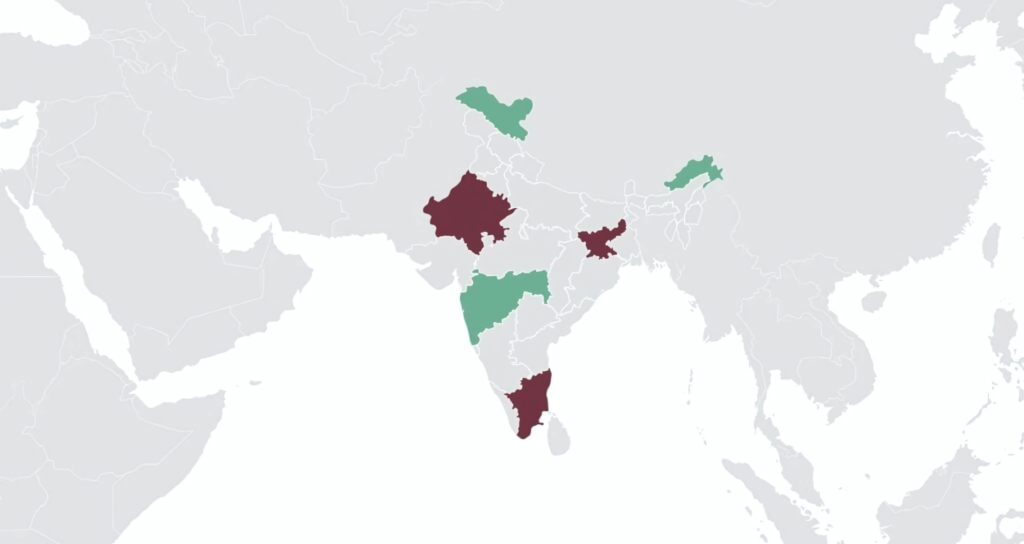As environmental awareness continues to grow, consumers and businesses alike are asking critical questions about their packaging materials. Among them: Are BOPP woven bags eco-friendly?
In this article, we explore the real environmental impact of BOPP (Biaxially Oriented Polypropylene) woven bags, examining their materials, production process, recyclability, and sustainability. We’ll also compare BOPP bags to other common packaging options and provide insights into better choices for environmentally conscious users.
What Are BOPP Woven Bags?
BOPP woven bags are made from woven polypropylene fabric and laminated with BOPP film. They are widely used in packaging products such as rice, flour, pet food, fertilizers, seeds, and animal feed due to their durability and attractive printable surface.
Components of BOPP Bags:
-
Polypropylene (PP): A type of thermoplastic polymer known for its strength and flexibility.
-
BOPP Film: A stretchable, glossy film that is applied to the woven material for added strength, water resistance, and vibrant printing.
Benefits of BOPP Woven Bags
Before discussing eco-friendliness, it’s important to understand why BOPP bags are popular:
1. Durability and Strength
BOPP woven bags can carry heavy loads without tearing, reducing the risk of product loss.
2. Water and UV Resistance
The lamination offers water-resistance, extending the product shelf life and reducing spoilage.
3. Customizable and Printable
The glossy BOPP layer allows high-resolution printing, making them ideal for branding and retail visibility.
4. Reusability
These bags can be reused multiple times due to their robust design.
Are BOPP Woven Bags Recyclable?
Yes, BOPP woven bags are technically recyclable, but there are challenges.
The Recycling Process:
-
BOPP bags are made from #5 plastic (polypropylene), which can be recycled.
-
However, the lamination of BOPP film on woven PP fabric makes separation difficult.
-
Most municipal recycling systems are not equipped to process multilayer plastic materials.
Read More:- Top 10 Global Trends in BOPP Woven Bag Manufacturing for 2025
Challenges in Recycling:
-
Separation complexity often makes recycling uneconomical.
-
Recycling centers may reject BOPP bags unless they are part of specialized industrial recycling streams.
Conclusion:
While recyclable in theory, BOPP woven bags are not widely recycled in practice, making them a less sustainable choice compared to single-material alternatives.


